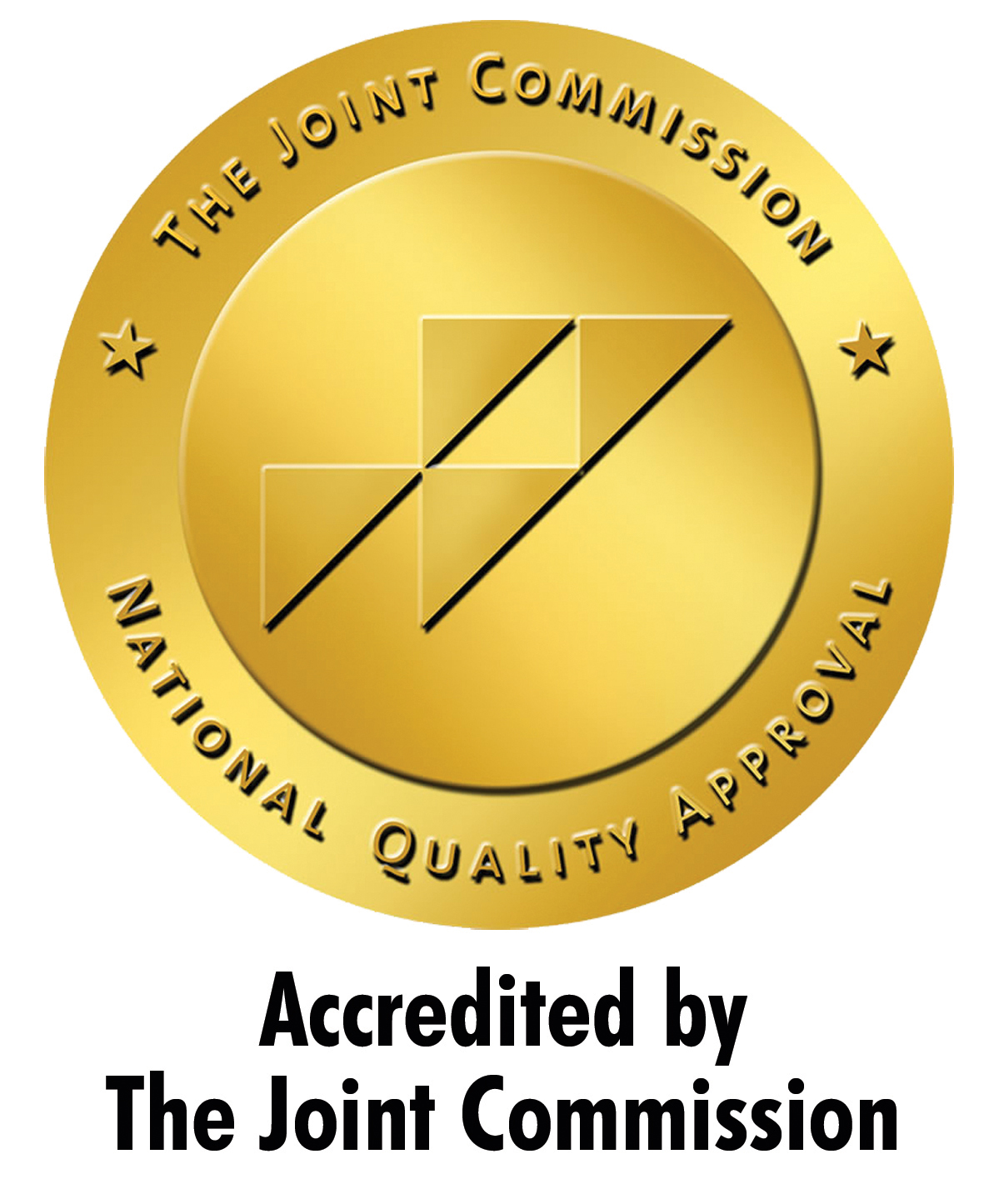Depression
By Stuart Brown, DO
October 30, 2013Feeling blue? You’re not alone. Depression is a common illness affecting about 15 million people.
Webster defines depression as a condition of low spirits. Medically, it is diagnosed when someone has a depressed mood or loss of interest plus other symptoms such as a change in appetite or weight, sleeping a lot or very little, fatigue or loss of energy, feelings of worthlessness and/or recurrent thoughts of death.
Typically the first episode begins in young adulthood but can occur at any age. Untreated, the first episode will usually last a few months to a year. Fifty percent of persons will suffer a recurrence after one episode. However 90% will have recurrence after a third episode. Therefore, many people need to continue lifelong treatment to prevent recurrent bouts of depression.
About 60% of people with depression have anxiety. Depression affects mental and physical health. It increases the risk of developing heart disease, osteoporosis, diabetes, and cerebrovascular disease. Depression occurs in cancer and cardiac patients and also in people with other medical conditions such as thyroid conditions, hepatitis and fibromyalgia.
While stressors in life may trigger events, genetics also appears to play a role. Those people with family members who have psychiatric problems are at higher risk of depression.
Treatment does not necessarily mean medication. Psychological treatment can be just as effective and may have a lower risk of recurrence because patients learn to cope with the stressors that can trigger depression.
Depression medications differ in terms of side effects. Some older medications called Tricyclics were more sedating than the newer medications called SSRIs. SSRIs have less side effects but can cause stomach upset and fatigue. Therefore, medication choices are based on effectiveness, side effects and sometimes possible drug interactions. It is not a one size fits all approach, but an approach based on individual needs.
It is important to maintain a healthy diet, as nutritional deficiencies can aggravate depression. Exercise is also extremely important as it helps the body restore its natural hormone levels and can also help with self-esteem.
It’s important not to overlook or ignore depression. It can be treated, and medication may not be required. If someone you know is suffering, try to get them to seek help. You can also help by including them in fun activities, helping them eat healthy, and inviting them to exercise with you. It will do you both good.
Dr. Brown is a Board Certified Family Physician with Trinity Medical Group.
« Back to Learning Center



